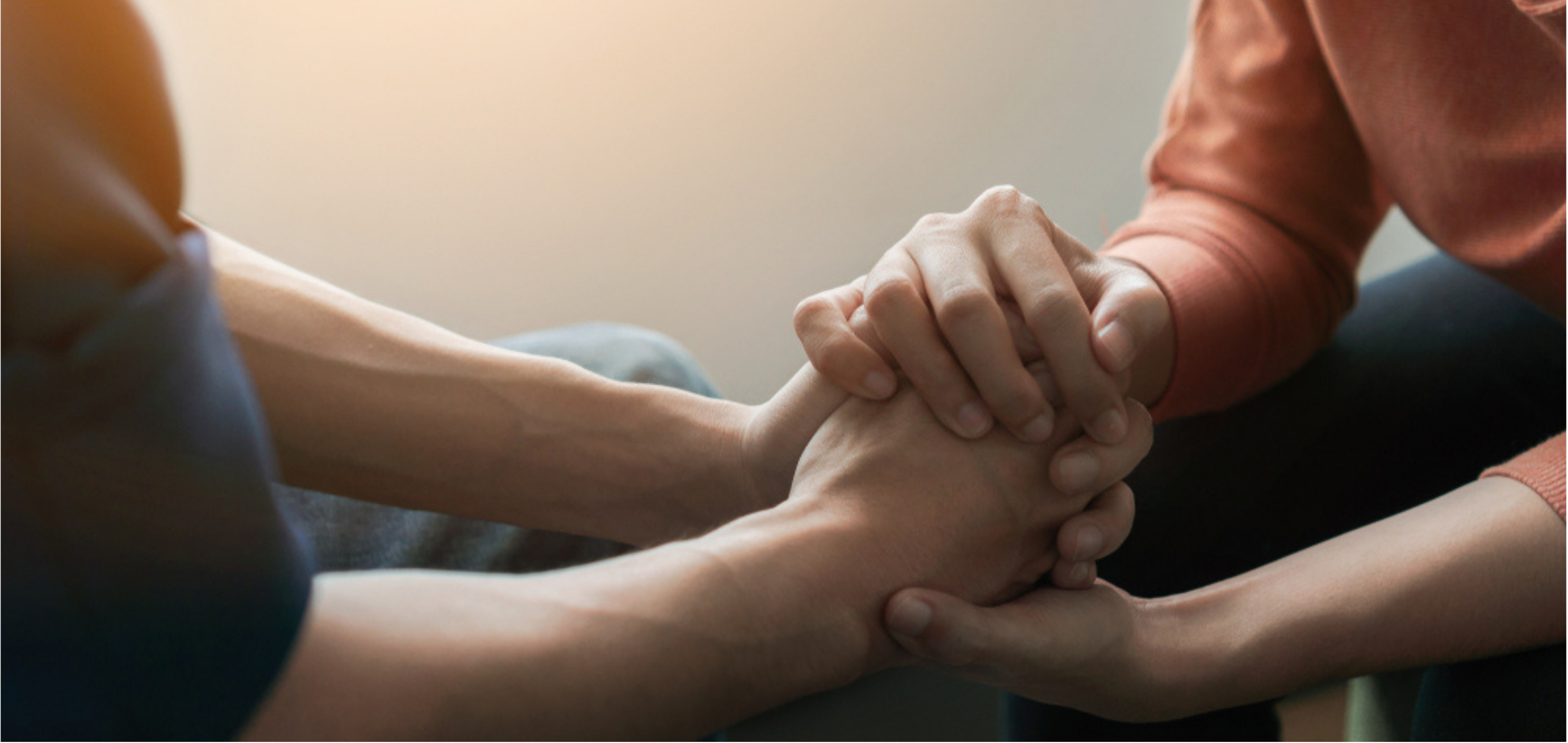
Written by:

Medically Reviewed by:
Last Updated:
February 14th, 2025
Hallucinogen Rehab
Hallucinogen rehab is a specialised programme designed to support people struggling with their use of hallucinogenic substances such as LSD, magic mushrooms or synthetic alternatives.
Hallucinogen rehab provides a safe, structured environment where you can explore the reasons behind your hallucinogen use and work towards recovery. Through therapy, holistic care and personalised support, hallucinogens rehab helps individuals regain control of their lives in a way that feels manageable and compassionate.
Do addictions to hallucinogen require rehab?
Rehab is often linked with substances like heroin or cocaine or it’s important to know that some addictions to hallucinogens also require professional help. While hallucinogens don’t typically cause physical withdrawal symptoms, the psychological effects can be just as challenging.
Some people experience distressing symptoms like anxiety, depression or even flashbacks, vivid relivings of past hallucinogenic experiences that can occur at unexpected times. These flashbacks can feel overwhelming and unsettling, making it hard to carry on with everyday life.
In a rehab setting, you’ll have the support of professionals who can guide you through these challenges. The environment is designed to keep you safe and cared for, especially during moments of distress. Beyond managing symptoms, rehab also gives you the chance to dig deeper into why you started using hallucinogens in the first place.
Whether it was to escape reality, explore spirituality or deal with unresolved emotions, understanding these reasons is an essential part of recovery.
Do I need hallucinogens rehab?
It’s completely natural to wonder if rehab is right for you, especially if you feel that hallucinogens have been helping you in some way – whether on a ‘spiritual journey’ or as a way to escape reality temporarily. However, addiction has a way of making people believe they need the substance to function, blurring the line between casual use and dependency. If you’ve been using hallucinogens frequently, it’s worth taking a step back to assess how they’re affecting your life.
Here are six questions to ask yourself. If you answer ‘yes’ to any of them, it may be time to consider rehab:
- Do you feel like you can’t relax or enjoy life without hallucinogens?
- Have you experienced frightening flashbacks or other psychological effects after using hallucinogens?
- Are you using hallucinogens more often or in larger amounts than you intended?
- Has your use of hallucinogens affected your relationships, responsibilities or mental health?
- Do you feel uneasy, anxious or down when you’re not using hallucinogens?
If these questions resonate with you, know that you’re not alone. Rehab can provide a safe space to work through these issues with guidance and understanding.
What happens in a hallucinogen rehab programme?
It’s completely normal to feel hesitant about entering rehab. Many people worry about misconceptions, often thinking it’s a place for punishment or a strict, isolating environment.
In reality, hallucinogen rehab is a space where care and compassion come first. This section will walk you through the main stages, easing any concerns.
Initial assessment
Your rehab journey begins with a thorough, one-on-one assessment. This allows the team to get to know you, understand your relationship with hallucinogens and learn about your overall mental and physical health. From there, a personalised treatment plan is created to meet your specific needs. This is about ensuring you feel seen and supported from the start.
Detox
For hallucinogens, detox tends to focus on psychological challenges rather than physical withdrawal symptoms. You might feel moments of heightened anxiety, mood swings or experience flashbacks. During this stage, you’ll be closely monitored by professionals who are there to guide and reassure you. The aim is to help you adjust to life without hallucinogens in a calm and supportive environment.
Therapy
Therapy is the heart of hallucinogen rehab. It gives you the tools to understand your substance use and explore its deeper reasons. Whether it’s unresolved trauma, emotional pain, or simply wanting to escape reality, therapy helps you process these issues in a safe space. Through individual sessions, group work and holistic approaches, therapy is tailored to your needs.
Aftercare
Recovery doesn’t end when rehab does. Aftercare provides ongoing support to help you stay on track, whether through follow-up therapy sessions, group meetings or connecting you with local resources. This continued care ensures you have the tools and encouragement to build a healthier, substance-free life.
Why therapy is the cornerstone of hallucinogen rehab
At Liberty House, we know that true recovery is about healing both the mind and body. That’s why therapy is such a vital part of hallucinogen rehab. If the idea of therapy feels intimidating or even unnecessary, you’re not alone – many people feel this way at first. But therapy is a safe space where you can start to unpack the impact of hallucinogens on your mental health and overall wellbeing. Here are some of the therapies we offer and how they help with hallucinogen recovery.
Cognitive behavioural therapy (CBT)
CBT helps you identify and change negative thought patterns that may be fuelling your hallucinogen use. It’s particularly useful for managing flashbacks or distorted beliefs about your substance use. CBT can help you regain control over your thoughts and feelings by focusing on practical strategies, making it easier to move forward.
Dialectical behaviour therapy (DBT)
DBT is all about managing intense emotions and staying grounded. For those who’ve used hallucinogens to escape overwhelming feelings, DBT provides tools to cope in healthier ways. Techniques like mindfulness and emotional regulation can help you navigate moments of distress without turning to substances.
Group therapy
Group therapy offers a chance to connect with others who’ve faced similar challenges. Sharing your experiences and hearing from others can be incredibly validating and remind you that you’re not alone. The support and camaraderie of a group setting often play a key role in recovery.
One-to-one therapy
These private sessions allow you to dive deeper into the personal reasons behind your hallucinogen use. Whether you’re dealing with past trauma or unresolved emotional pain, one-to-one therapy gives you the space to work through these challenges at your own pace with a therapist who’s there to listen and support you.
Holistic therapies
Holistic therapies like yoga, meditation and art therapy offer alternative outlets for healing. Yoga helps with grounding and relaxation; meditation calms the mind, and art therapy allows you to express emotions that might be hard to put into words. These therapies complement traditional approaches, creating a well-rounded recovery experience.
Take the first step towards recovery
If you’re struggling with hallucinogen addiction, know that help is here. At Liberty House, we’re dedicated to providing compassionate, personalised care that supports you every step of the way. Whether you’re dealing with distressing symptoms or want to understand your relationship with hallucinogens better, we can help. Contact us today to learn more about our programmes and take that first step towards a healthier, happier life.






